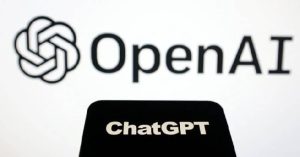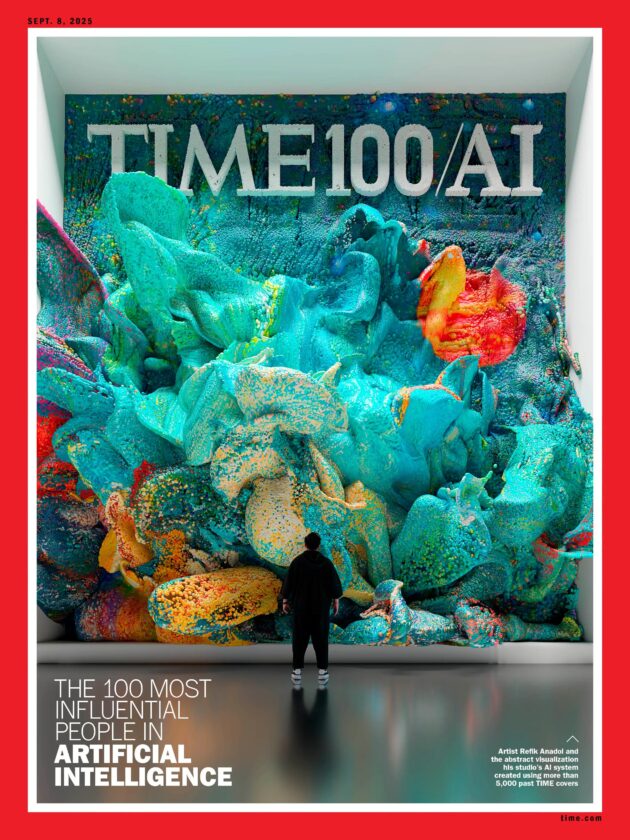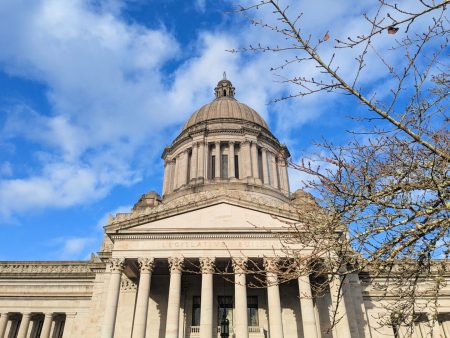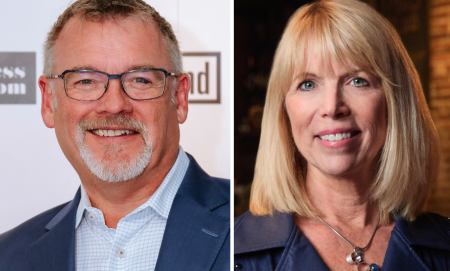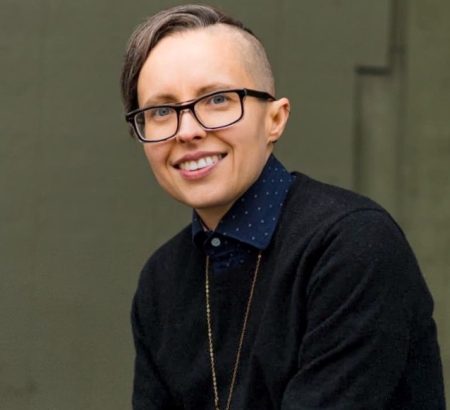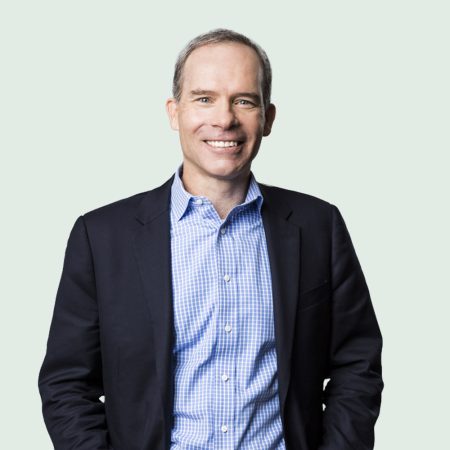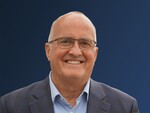Seattle’s Influence on AI: TIME Magazine Recognizes Local Tech Leaders in 2023 AI List
TIME magazine’s third annual TIME100 AI list has highlighted several Seattle and Pacific Northwest tech leaders among the most influential people in artificial intelligence. The 2025 edition features an AI-generated cover by artist Refik Anadol, who used artificial intelligence to reimagine over 5,000 past TIME covers into an abstract visualization representing a century of the magazine’s visual history. This recognition underscores the region’s growing importance in the global AI landscape, even as questions persist about Seattle’s ability to produce breakthrough AI startups despite its deep technical talent pool.
Amazon CEO Andy Jassy received recognition for steering the Seattle-based tech giant’s major push into artificial intelligence. Under his leadership, Amazon has developed numerous AI products and services, from the Amazon Nova suite of foundation models to the AI-powered robots revolutionizing warehouse operations. This isn’t Jassy’s first TIME recognition – he previously graced the cover of their “100 Most Influential Companies” issue in 2022. His inclusion highlights how established Seattle tech companies are leveraging their resources to compete in the AI revolution, though questions remain about whether the region can produce independent AI unicorns to match its technical talent density.
The medical and research sectors of the Pacific Northwest also earned recognition through Fred Hutch Cancer Center’s VP and chief data officer Jeff Leek. TIME acknowledged Leek’s groundbreaking work with the Cancer AI Alliance, a first-of-its-kind partnership between leading cancer care centers and major tech companies. This collaboration aims to enable AI-supported discovery of cancer treatments, representing how artificial intelligence is transforming healthcare beyond consumer applications. Leek’s inclusion demonstrates the region’s strength in applying AI to critical scientific challenges, combining Seattle’s medical research excellence with its technological capabilities.
The academic influence of the University of Washington on AI development received acknowledgment through former UW professor Yejin Choi and Google chief scientist Jeffrey Dean. Choi, a leading researcher in natural language processing and 2022 MacArthur Fellow who recently moved to Stanford, previously contributed to neural network projects combating disinformation. Dean, who earned his master’s and doctorate in computer science from UW, was described by TIME as “a quiet legend in the world of AI” who “helped turn Google from a tiny startup into a computational behemoth.” Their recognition highlights the crucial role Seattle’s academic institutions play in developing AI talent and foundational research, even if some of that talent eventually migrates to other tech hubs.
The robotics sector’s connection to AI advancement was recognized through Peggy Johnson, CEO of Oregon-based Agility Robotics. The former Microsoft executive has led Agility for the past year, overseeing the development of the Digit bipedal humanoid warehouse robot. Johnson told TIME that AI has “supercharged” the company’s existing expertise in robotics fundamentals. With reported fundraising of $400 million earlier this year and Amazon as a major investor, Agility represents the physical embodiment of AI applications that extend beyond software. This hardware-software integration demonstrates another dimension of the Northwest’s technological diversity in the AI landscape.
AI governance and ethics also received recognition through Navrina Singh, founder and CEO of Credo AI. The former Microsoft AI principal product manager founded Credo AI in 2020 as a cloud-based governance platform to help businesses manage generative AI risks, including security gaps, compliance issues, and algorithmic bias. Singh’s inclusion on the TIME100 AI list, alongside her position on the U.S. Department of Commerce National Artificial Intelligence Advisory Committee since 2022, highlights the region’s contributions to responsible AI development. Her work represents the crucial counterbalance to rapid AI advancement, ensuring ethical considerations keep pace with technological innovation. The list also featured other global tech leaders including Elon Musk, Mark Zuckerberg, Sam Altman, and somewhat surprisingly, Pope Leo XIV, demonstrating AI’s influence across diverse sectors of society.
